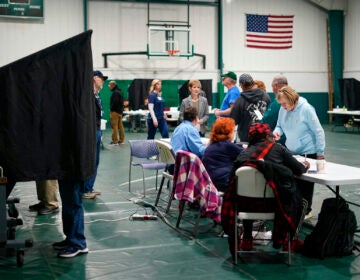Legal issues: John Edwards, campaign contributions, and the federal gift tax
John Edwards, former candidate for vice-president and president, has been indicted for failure to report as campaign contributions nearly a million dollars received from political supporters which was used to conceal his affair with Rielle Hunter during his 2008 campaign for president. His defense appears to be that these monies received from heiress Rachel “Bunny” Mellon and lawyer Frederick Baron were not campaign contributions at all, but were instead personal gifts.
It’s an interesting assertion that while political contributions to a federal candidate are limited in order to limit political influence over the candidate, personal gifts to a political candidate can be made apparently without limit on either the amount or the amount of resulting political influence over the candidate, and without oversight from the Federal Election Commission. If that’s true, and it probably is, then the limits on political contributions enforced by the Federal Election Commission are effectively meaningless since they can always be exceeded by making personal gifts to the candidate.
But if the monies in question were in fact personal gifts rather than political contributions, then the donors would be subjected to the federal gift tax. In effect, Edwards is saying, “These were gifts, not contributions, so go tax my good friends the donors.”
And the federal gift tax on large gifts can be substantial. In 2008, the annual exclusion for gifts to a donee was only $12,000, and the lifetime exemption for gifts exceeding the annual exclusion was only $2 million dollars, and any such exemption claimed reduced dollar for dollar the exemption available against the federal estate tax at death of the donee, as it does now. The top rate on the federal gift tax in 2008 was 45%.
Of course, the factual and determinative issue in the case will be whether the monies transferred were in fact political contributions or personal gifts.
Why aren’t political contributions also considered gifts subject to the federal gift tax? That’s an interesting question with an interesting answer. The prevailing rule is that true gifts are not made with an expectation of a quid pro quo, but political contributions are, which means they are not gifts. The quid pro quo, by the way, is not political influence but rather good government. That’s why donors make political contributions. Right???
WHYY is your source for fact-based, in-depth journalism and information. As a nonprofit organization, we rely on financial support from readers like you. Please give today.




